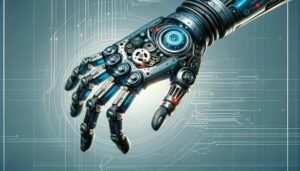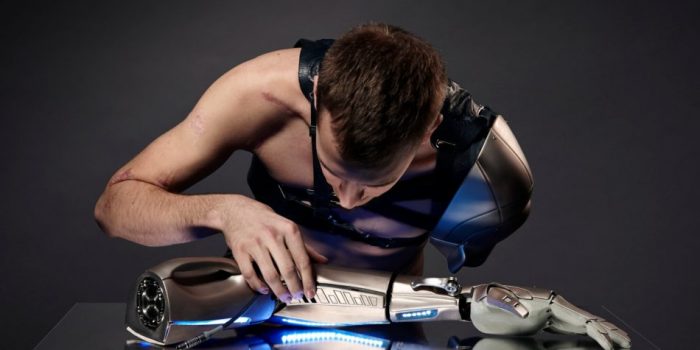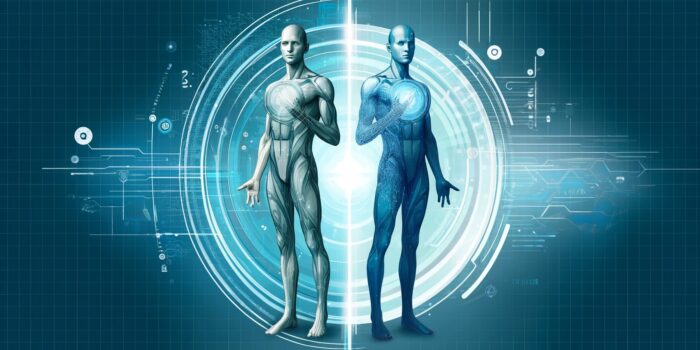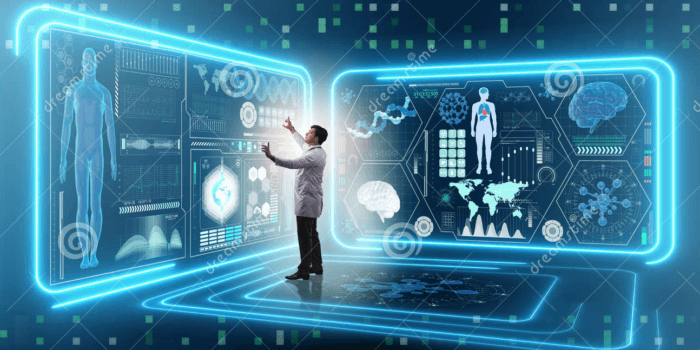Transforming Prosthetic Technology
In the constantly evolving field of prosthetic development, exciting changes are afoot, and we at Areus are thrilled to be at the heart of these innovations. Our most recent project in personalized arm neuroprosthetics marks a significant and realistic advancement in prosthetic technology. This development is not just a step forward; it represents a substantial shift in our approach, bringing us closer to a more effective and user-centric prosthetic solution. These advancements symbolize more than technological prowess; they embody a bridge to a new life for amputees, marking a significant milestone in blending technology with precision and care.

Revolutionary Approach by Areus
Our core contribution to the NerveRepack project lies in the high-accuracy, real-time development of innovative prosthetic hands and exoskeletons. We have achieved this through the implementation of real-time embedded time-domain feature extraction and machine learning on a system-on-chip (SoC) platform, utilizing a multi-thread algorithm. This breakthrough enables us to operate prosthetic hands and exoskeleton devices with unparalleled precision and speed.
Revolutionizing Prosthetics: A Journey of Precision and Innovation
Central to our role in the NerveRepack project is the development of state-of-the-art prosthetic hands and exoskeletons, characterized by their high accuracy and real-time functionality. To accomplish this achievement, we delved deeply into the world of real-time embedded time-domain feature extraction. This process was enhanced with the integration of machine learning techniques, all efficiently packaged within a system-on-chip (SoC) platform. To handle these complex tasks effectively, we employed multi-thread algorithms, ensuring a seamless and robust performance. This approach has allowed us to operate prosthetic devices with a level of precision and speed previously unimaginable.
Decoding the Technology: Bridging Complexity and Simplicity
The technical prowess of our approach is rooted in the advanced use of implantable electrodes for signal collection, paving the way to simplify the complex world of electromyography (EMG) signal processing. We have focused on extracting four crucial time-domain features for EMG signal analysis, which streamlines the process leading to the integration of machine learning systems. Our team carefully selected and analyzed algorithms such as k-nearest neighbor (k-NN), Naive Bayes (NB), decision tree (DT), and support vector machine (SVM). This meticulous selection process ensured that we arrived at the most efficient and effective combination for prosthetic management.
Achievements and Impact: A New Chapter in Prosthetic Control
Our exploration in this field brought to light an exciting discovery: the amalgamation of MAV features with the decision tree machine learning algorithm resulted in an astounding accuracy rate of 98.41%, all within a mere computation time of about 1 millisecond. This breakthrough isn’t just about the swift control of a prosthesis. It’s also about enhancing pattern recognition capabilities, made possible by the robust multithreading algorithm. This development signifies a leap in efficiency, reducing processing times while amplifying recognition precision.
The Future of Prosthetic Limbs
Our work in the NerveRepack project is setting new benchmarks in the development of personalized prosthetic limbs. Powered by the latest in machine learning and real-time processing, we are charting a course towards a future where prosthetic devices offer unparalleled control and responsiveness. This endeavor isn’t just about technological excellence; it’s about bringing prosthetic devices as close as possible to the natural function of human limbs. Beyond the technical achievements, this project stands to reshape the support paradigm for people with disabilities, potentially influencing various sectors including social, economic, medical, and technological fields.
Next Steps: Intelligent Integration with Everyday Technology
As we look ahead, the next phase of our journey involves integrating these advanced prosthetic solutions with everyday technology. We’re focusing on developing smart applications that allow users to configure and manage their intelligent artificial prosthesis directly from their smartphones. This integration represents a significant step towards empowering users, offering them unprecedented control and customization options at their fingertips.
The Areus Signature: Pioneering a New Path in Prosthetic Solutions
Our contributions to the NerveRepack project highlight not just progress but a paradigm shift in prosthetic technology. Areus stands at the forefront of this evolution, embodying a fusion of precision, real-time systems, and the creative application of machine learning. Our vision transcends traditional boundaries, fostering new possibilities and aspirations for individuals striving to overcome physical disabilities. Looking forward, we are committed to the ongoing development and refinement of these technologies. Our goal is clear: to enhance the quality of life and autonomy for amputees, paving the way for a new era of customized, user-centric prosthetic solutions.
Continued Innovation: Shaping the Future of Accessibility
At Areus, we believe that our work in the field of prosthetic technology is more than just about creating advanced devices; it’s about redefining accessibility and independence for those who face physical challenges. Our commitment extends beyond the technical aspects of our products. We are dedicated to understanding the diverse needs of our users, ensuring that each innovation we introduce is not only technologically superior but also intuitively aligned with the real-life requirements of those who use them. In the journey ahead, we aim to collaborate closely with medical professionals, therapists, and most importantly, the users themselves, to design prosthetics that are not only functional but also comfortable and personalized to each individual’s lifestyle. Our vision is to create a world where the limitations of physical disability are significantly reduced, empowering individuals to lead fuller, more active lives.
Beyond Innovation: Areus’ Vision for Empowering Lives with the NerveRepack Project
“Our journey with the NerveRepack project at Areus is more than just a foray into advanced technology; it’s about creating meaningful change in the lives of individuals with physical disabilities. Our focus on precision, innovation, and user-centric design paves the way for a future where prosthetic solutions offer not just mobility but also autonomy and a renewed sense of freedom. As we continue to push the boundaries of what’s possible, we remain dedicated to enhancing life’s quality for amputees, one innovation at a time. At Areus, we’re not just engineering prosthetics; we’re crafting a more accessible and empowering future.” said Catalin Niculae, CEO, Areus Development.





